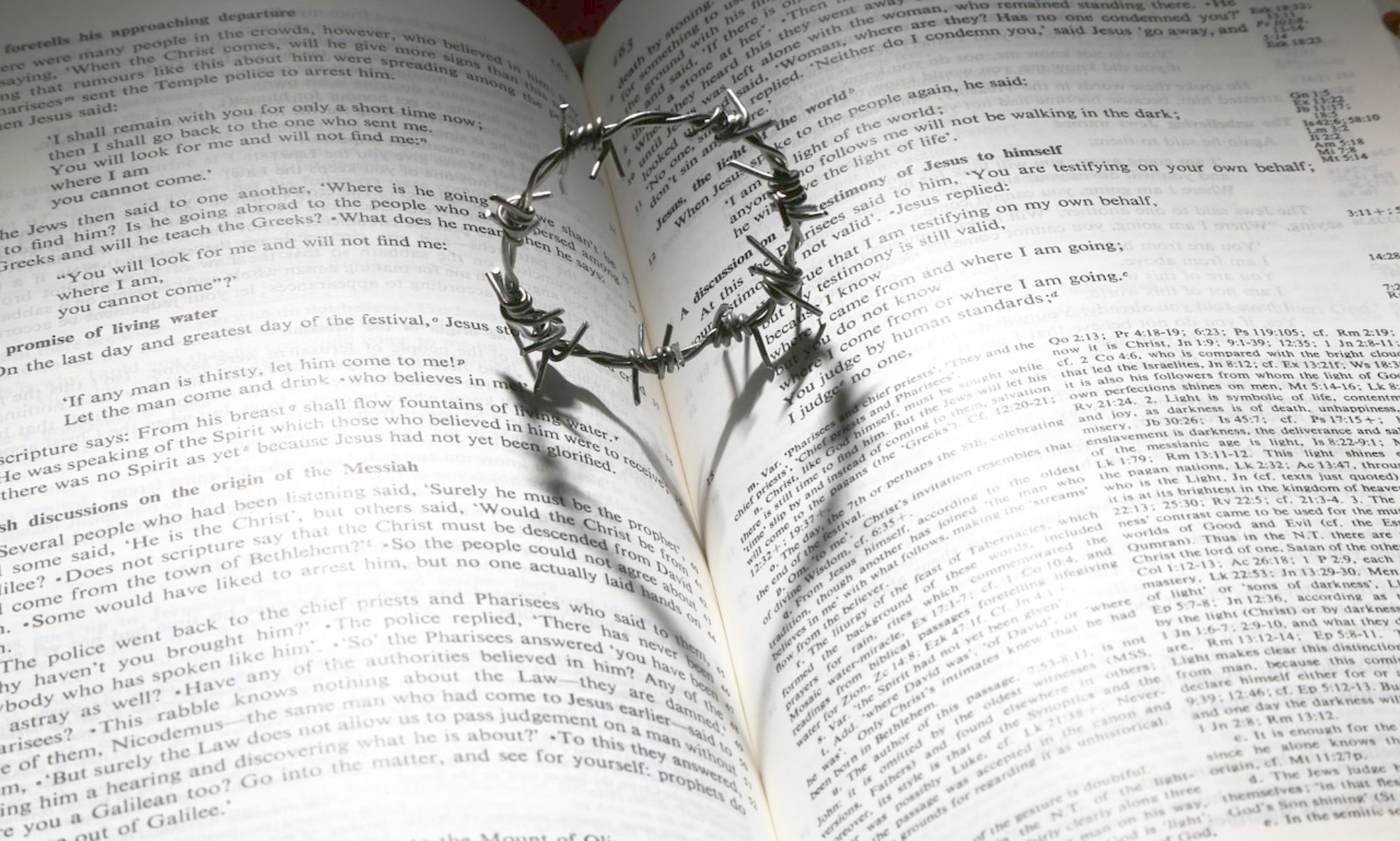My pastor is doing a series of sermons on seven faith practices. I thought that I’d share it with all of you.
1. Dwell in the word. Here are some Bible verses about the value of reading the word.
“Heaven and Earth will pass away, but my words will not pass away.” Matthew 24:35 (ESV). Interestingly, this quote can be found at Mark 13:31, and Luke 21:33.
2. Serving others without expectation of return. I think the actions and stories of Jesus are the best examples of this principle. On Thursday for Passion week, Jesus washed the feet of his disciples. This was the job of a slave in a Hebrew household. Yet, Jesus served his disciples in this way. (John 13) “You call me Teacher and Lord, and you are right, for so I am. If I then, your Lord and Teacher, have washed your feet, you also ought to wash one another’s feet. For I have given you an example, that you also should do just as I have done to you (John 13:13-15, ESV)”
3. Worship weekly. I would prefer to change this to “live in community with God’s people” instead of how my pastor listed it. When we are baptized into the Lutheran Church-ELCA, either we or our parents promise that we will “live among God’s faithful people.” This is a gift from God to us his people that we find that we love and hate at the same time. If you have ever been part of a church dispute, you know how heated one can be. Yelling. Arguing in front of visitors. E-mail battles. However, we can grow in faith through the role models in our churches. The lady who always seems to be praying for everyone. The man who volunteers to fix things around the church. “And let us consider how to stir up one another to love and good works, not neglecting to meet together, as is the habit of some, but encouraging one another, and all the more as you see the Day drawing near. (Hebrews 10:24-25, ESV)” As you can see from the last few words in this verse, this is advice for preparing for the end/return of Christ. However, I think this verse can still apply to today.
4. Encouraging others. The previous verse is also good for this part of the seven faith practices. Here is another one. “Therefore encourage one another and build one another up, just as you are doing.” (1 Thessalonians 5:11) Besides, we never know what someone is going through and when he/she will need a word of encouragement. Think of a time that a few words made a big difference in your day or maybe even your life. Today, my pastor complemented my reading of the word in the service today. It made me really happy that he thinks that I am doing a good job of figuring out how to make the reading understandable.
5. Praying without ceasing. “Rejoice always, pray without ceasing, give thanks in all circumstances; for this is the will of God in Christ Jesus for you.” (1 Thessalonians 5:16-18, ESV) Muslim tradition teaches that Mohammed negotiated God down to requiring prayer five times a day. I know that I would have tried to do the same thing if I even had the guts to be able to make coherent sentences. I have found that I can’t pray when making change for a customer or asleep. I also tend to forget to pray frequently.
6. Inviting others. “Philip found Nathanael and said to him, ‘We have found him of whom Moses in the Law and also the prophets wrote, Jesus of Nazareth, the son of Joseph. Nathanael said to him,’Can anything good come out of Nazareth?’ Philip said to him,’Come and see.'” (John 1:45-46, ESV) My pastor brought in a power tool and shared that with us as part of his sermon. I found myself expanding on the idea and thinking that we are called to share our lives with others. If someone is struggling with something, sharing it with another will help that person and perhaps the person who hears of the struggle.
7. Give generously. When I searched for Bible verses for this portion, I was surprised by how many verses contain the word “give” in relation to God giving us something. Salvation. His peace. “In all things I have shown you that by working hard in this way we must help the weak and remember the words of the Lord Jesus, how he himself said,’It is more blessed to give than to receive.'” (Acts 20:35, ESV) “Each one must give as he has decided in his heart, not reluctantly or under compulsion, for God loves a cheerful giver.” (2 Corinthians 9:7, ESV)
Questions for you.
- Which one of these practices is your strength?
- Which one of these practices is your weak point?
- List some people that you know personally who live out these practices.
- What can you learn from the lives of these people?























